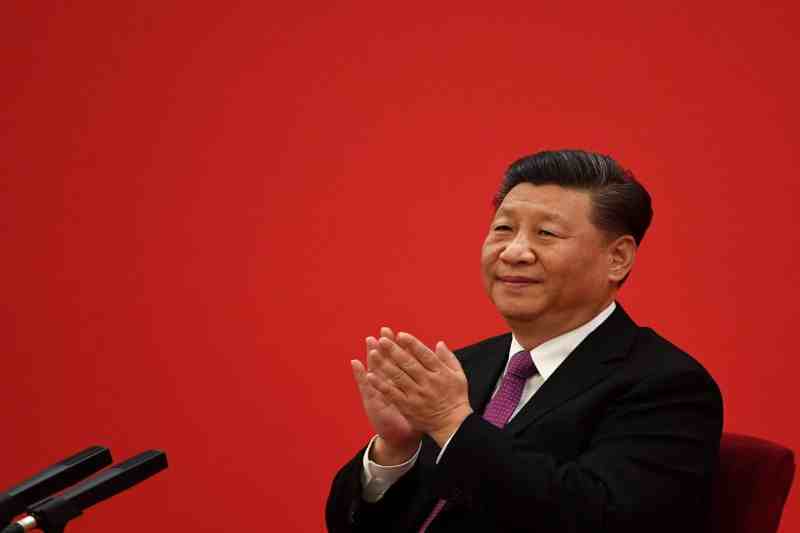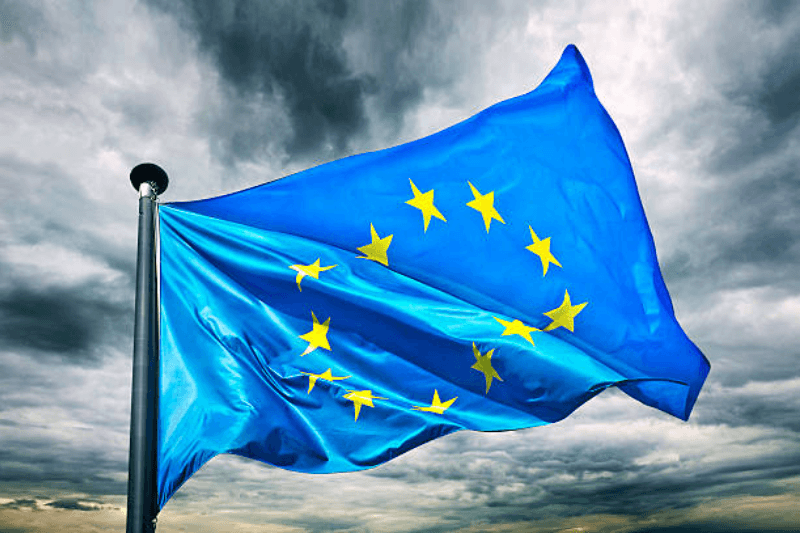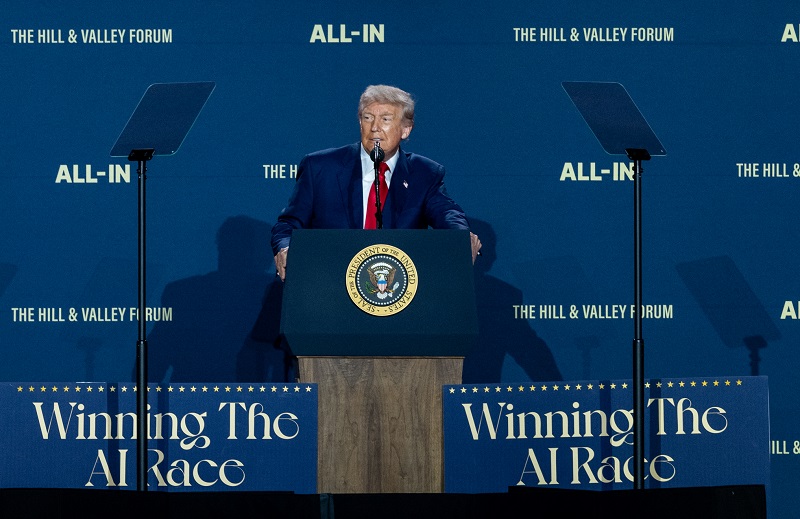
EU-China agreement invites criticism for its hasty giveaway and overlooking Beijing’s human rights record
Members of European Parliament MEPs criticized the EU-China Comprehensive Investment Agreement (CIA) and the hurried manner in which it got formalized. Many slammed German chancellor, Angela Merkel, for her determination to secure the deal, overlooking not only Beijing’s questionable human rights record but also risking the EU’s ties with Washington. The agreement was seen by US and UK officials as nothing less than a geopolitical blunder. The Union pressed for the deal to be finalized by the end of 2020.
The report, presenting the complete analysis of the agreement, called it the worst negotiated deal as it provided the EU with the minimum additional market access along with “next to no means” to force Chinese authorities for the eradication of forced labor. The report published by the Institut Montaigne highlighted that the European Commission oversold the deal, mainly due to persistent pressure from Merkel.
The report’s author François Godement said that the agreement could spur tensions between the bloc and US over its differences with regard to China’s human rights situation. Washington strongly slammed Beijing’s treatment of its Muslim minority community, Uyghur. On Tuesday, the newly appointed secretary of state, Antony Blinken, told the Senate that US needed to toughen its stand against China as the communist nation was committing genocide in Xinjiang province. His statement hinted at US adoption of tough trade approach towards Beijing.
Europe still has some hope, as MEPs hold the right to ratify the agreement but it would take about a year’s time to do so. European Parliament, which is currently reviewing the agreement, would be passing a motion next week condemning the way the agreement was processed hurriedly, reducing the EU’s support towards global human rights.
With regard to the motion, Godement said that the EU would “regret the fact that the decision for a political conclusion of the comprehensive agreement on investment (CAI) has not reflected the European parliament’s requests in previous resolutions on Hong Kong for using investment negotiations as a leverage tool aiming at preserving Hong Kong’s high degree of autonomy, as well as its basic rights and freedoms”.
Godement objected to the deal on the basis that it permitted China “to build on Europe’s claims to have advanced its values while escaping enforcement and remedies on the issues that are at the heart of current public debates: environment and labor”.
He added: “Given China’s track record, it is impossible to rely on goodwill to implement commitments and unwise to believe that on key issues, a top-down political process between both parties can be substituted to legal arbitration… On WTO-plus issues, the deal fails to put a secure mechanism of implementation in place”.




